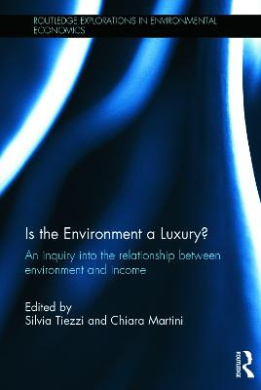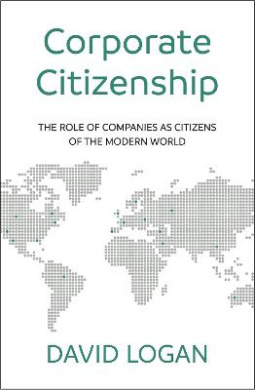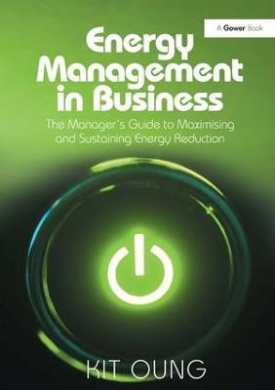Description
The poor and the wealthy seem to assign different degrees of priority to environmental protection: the proposed construction of a set of new buildings on the Sardinian coast is likely to produce cries from middle and upper income inhabitants and yet be welcomed as a source of new jobs by residents whose earnings are low. This would suggest that income plays a significant role in the setting of environmental policies. The purpose of this volume is to shed light on the relationship between environmental quality and income. Both micro and macroeconomic factors are considered and the chapters are divided into two along these lines. At the heart of the debate is the uneasy relationship between environmental sustainability on the one hand and economic growth on the other. Economists of different persuasions and presenting differing schools of thought assess issues such as environmental quality, the Environmental Kuznets Curve and distributional issues. Preface 1. Introduction Part I: Income and environmental quality – Theory and Empirics 2. Willingness to Pay for Environmental Quality 3. The Income Elasticity of the Impact of Climate Change Part II: The Distributional Incidence of Benefits of Environmental Improvements 4. Environmental Goods and the Distribution of Income Environment and Resource Economics 5. How Much do we Care about Air Quality Improvements? Evidence from Italian Households Part III: The Distributional Incidence of the Costs of Environmental Policies: the case of carbon/energy taxes 6. Household level studies on the distributional impact of carbon/energy taxes 7. Firm level studies on the distributional impact of carbon/energy taxes 8. Distributional Effects of Carbon Pricing in Ireland: a CGE approach Part IV: The Role of Fairness and Distributional Weights in Environmental Public goods Provision 9. Distributional Weights in Cost-Benefit Analysis. Should we forget about them? 10. Fair Air: Distributive Justice and Environmental Economics






